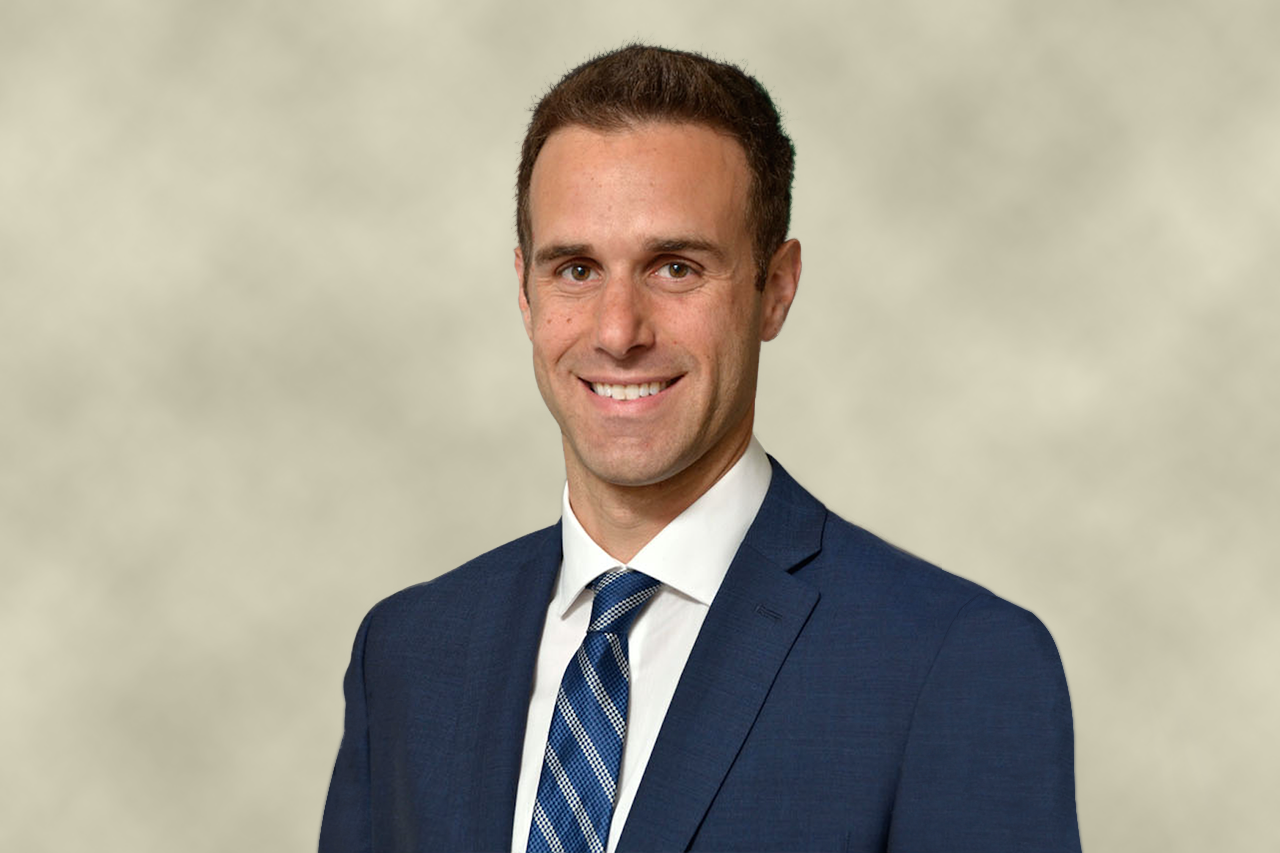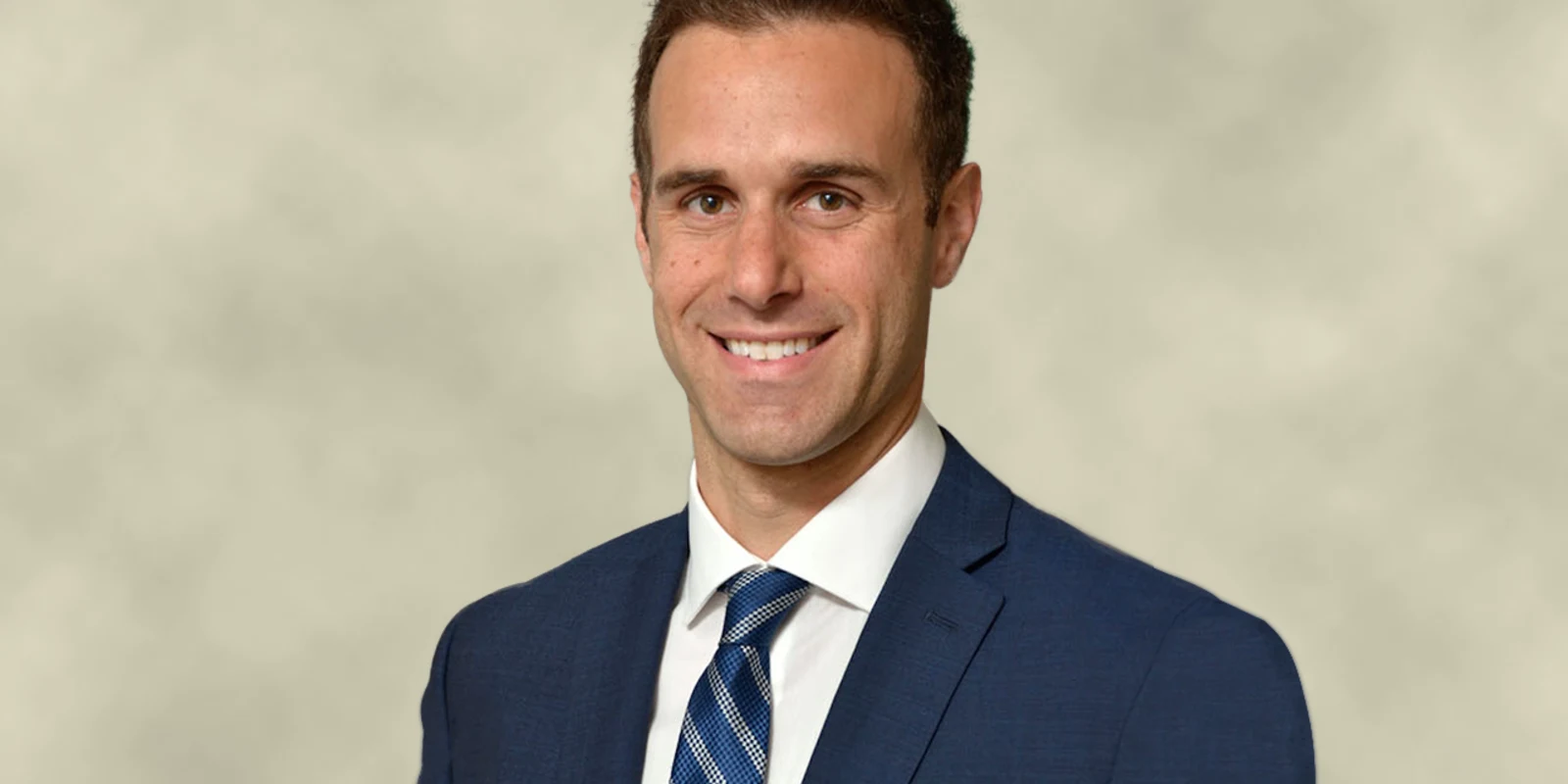
Name: Michael Borofsky, MD
Specialty: Urology
Education: NYU School of Medicine, University of Michigan Medical School
Areas of Expertise: Ureteroscopy, Endoureterotomy, Percutaneous nephrolithotomy, Kidney and ureteral stones, Metabolic stone disease, Extracorporeal shockwave lithotripsy, Laser therapy for benign prostatic hyperplasia, Holmium laser enucleation of the prostate, Minimally invasive kidney stone removal
Current Position: Assistant Professor
1. Why did you choose urology?
My initial interest in urology came primarily from my interactions with the urologists at the University of Michigan where I was a medical student. I was interested in surgery but knew little about the various surgical subspecialties. A few of my closest medical school friends shared a similar interest and during our time on the urology rotation it was clear to us all that the urologists were the happiest, most congenial and satisfied physicians. There was clearly something particularly rewarding about this field and the more we got to know the people, patients and pathology the more drawn we were to it.
2. What is the last journal article or piece of research that significantly changed your practice?
I just finished reading a journal article from European Urology. It was a very large randomized controlled trial evaluating the use of alpha blockers on facilitating passage of ureteral stones that suggested a treatment effect. I found it very interesting because it refutes the findings of a similar recent RCT that asked the same question but did not find a benefit to the medication. The prior publication had a profound influence on clinical practice and I am curious if this one will have a similar but opposite influence.
It is rare these days to see findings of large scale RCT’s swing so widely from one direction to the other. I look forward to reading the many op-eds that are certain to follow.
3. What are your research interests?
My main research interests are kidney stone pathogenesis as well as surgical management of stone disease and voiding dysfunction from benign prostatic hypertrophy (BPH). These diseases are often underappreciated since they are benign conditions; however, they can be terrible afflictions and have profound negative impacts on quality of life. They are also incredibly common and are areas where new research has an opportunity to have immediate and widespread clinical impact.
4. Outside of your daily practice, do you have any personal or professional projects that you’re passionate about?
Fulltime academic practice combined with raising young children does not allow for all that much free time. I try to get out and be active as much as possible and have tried to really integrate physical activity into other aspects of my life. For example, my wife is an avid runner and we have a great jogging stroller which enables us to go out on long family runs which we can all enjoy together. We find that it is great bonding time without the distractions of phones and technology. We also live in a very active city and our department hosts some great charity fitness events. Last year we participated in the Climb for Kidney Cancer and also got into cycling for the Chainbreaker, a ride to support research at the University of Minnesota Medical Center. Our team was the UroRiders and we put on a variety of fundraising events including a charity spin class.

5. What is a common misconception that other clinicians have about urology?
I think there tends to be an assumption that urology is a “lifestyle” field, implying that we perhaps work less hard than other comparable surgical subspecialists. As a relatively small field we manage some incredibly common emergencies including kidney stones, hematuria, urinary obstruction, and any number of catheter related issues. We tend to be called quite often and spend a lot of time in the operating room dealing with these conditions.
6. Who are your mentors?
I have been fortunate to have many. My residency director, Dr. Ojas Shah, is the one who inspired me to pursue fellowship training in endourology and kidney stone disease. My fellowship director, Dr. James Lingeman has also been a major influence in my life and career. He not only helped me gain the confidence and skill to tackle some of the most challenging kidney stone cases I could ever imagine, but also instilled in me a true passion for scholarship and research.
7. What’s the best advice you’ve ever received?
When I was initially looking to pursue fellowship training, a faculty member advised me to master a disease not just a technique. With this in mind I chose a two year as opposed to one year fellowship training pathway to provide time to focus on research. During this time I had the chance to gain insight into the basic science mechanisms by which kidney stones form, something that very few clinicians truly understand. Nowadays, new technologies and techniques arrive each year and a skill set that may have taken years to master could become irrelevant in a moment’s time. Understanding the disease on the other hand ensures that no matter which way the field is heading you are poised to evolve with it (or at least until someone invents a pill that immediately dissolves a kidney stone).
8. What has been your most gratifying moment of being a clinician?
This is a difficult question to answer as there have been many, but it is hard to replicate the feeling of a patient telling you that you have changed their life for the better. The day to day tasks of being a surgeon can be exhausting as long days in the OR inevitably lead to backups in paperwork, patient care issues, phone-calls, academic responsibilities and more. Nonetheless, hearing from a patient that you have made a positive impact in their life is remarkably energizing and is the fuel that keeps me going even when the job is stressful.
9. How do you unwind after a challenging day?
My wife and children have a remarkable ability to put my mind at ease. My wife is not in medicine and my children are too young to have any idea of what happens in a hospital. Fortunately for me this means that I can’t really talk about medicine with them even if I wanted to! Just putting my phone and pager down for a minute, sitting with them and listening about their day and their stories allows me an opportunity to totally change gears. I try not to let my work interfere with my home life (though this can be quite challenging at times) and generally find that when I return to whatever was bothering me or challenging me previously I have considerably more clarity and calmness about it and am able to find a solution.
10. How do you motivate patients to do what’s best for their health?
I think setting reasonable goals for a single visit is critical. I do a lot of dietary counseling for kidney stone prevention. Sure, I would love all my patients to drink 3 liters of water, cut out excess salt, decrease high oxalate foods, and minimize animal protein. I tell most of them to do this. At the same time, I have come to learn that overwhelming people with medical information in a brief medical visit tends to produce poor responses. Recognizing this we have tried to find ways to allow more medical interaction outside the traditional office visit. One way we have succeeded is in incorporating a licensed dietician into our practice who has the time and passion to sit down with patients and make individualized strategies that suit their lifestyle. We have also started incorporating technology and mobile health into our practice. In particular, we have had success using smart water bottles as daily fluid trackers to help patients ensure they are taking in sufficient fluid volume to prevent new stones from forming.
11. What is the biggest challenge or obstacle in urology?
Perhaps the greatest challenge facing our field is better appreciation of when NOT to operate. There are undoubtedly many instances in our field where surgery is absolutely necessary; however, urologists are also routinely faced with scenarios where the benefits of surgery are less straightforward. Examples include, low or intermediate grade prostate cancer in an aging male who may or may not live long enough to benefit from treatment or a medium sized kidney stone that may or may not pass on its own. In each case, and many other similar circumstances, distinguishing patients that are going to benefit from surgery from those who may not is challenging and is an area ripe for research.
12. How has technology impacted urology in the past several years?
Social media has had a major influence on the field. Twitter in particular has opened avenues to share publications, meeting presentations, and case examples instantaneously and widely. It is absolutely reasonable nowadays to believe that a single, interesting case that is widely shared on twitter could carry with it as much influence as findings of a high level, peer reviewed publication. While I am generally supportive of this shift in the way medical opinions are now being shared I think we have to be careful to differentiate evidence from anecdote.
13. What are your favorite Doximity features and how have they helped your productivity (Dialer, DocNews, Career Navigator, e-Fax, etc.)?
Without a doubt, the Doximity Dialer has been a game changer in my practice. I work at two separate medical offices with separate staff and separate phone numbers. I make many phone calls to patients every week and inevitably end up missing people. Just having the ability for my patients to see where I was calling from so that they can use the caller ID to call the correct office back has cut down on a considerable amount of confusion. It has also allowed me to make my schedule more efficient such that I can now call patients from my cell phone on the go not having to worry about waiting until I am back in the office to reach out to them.






